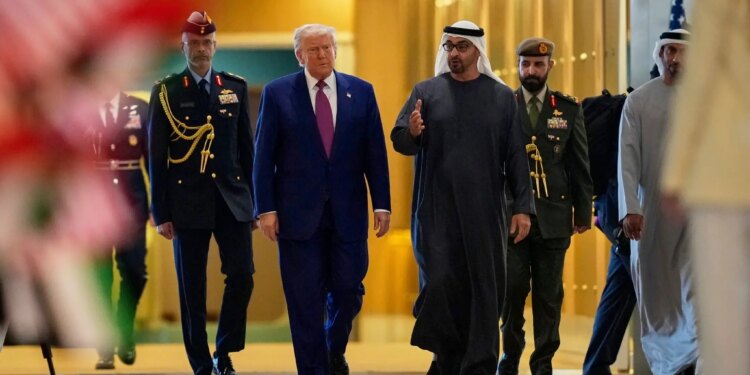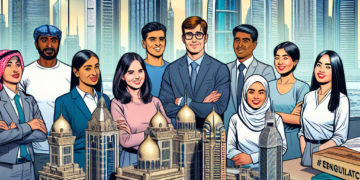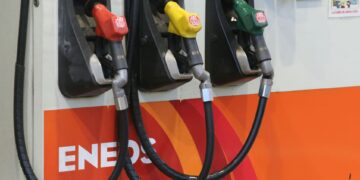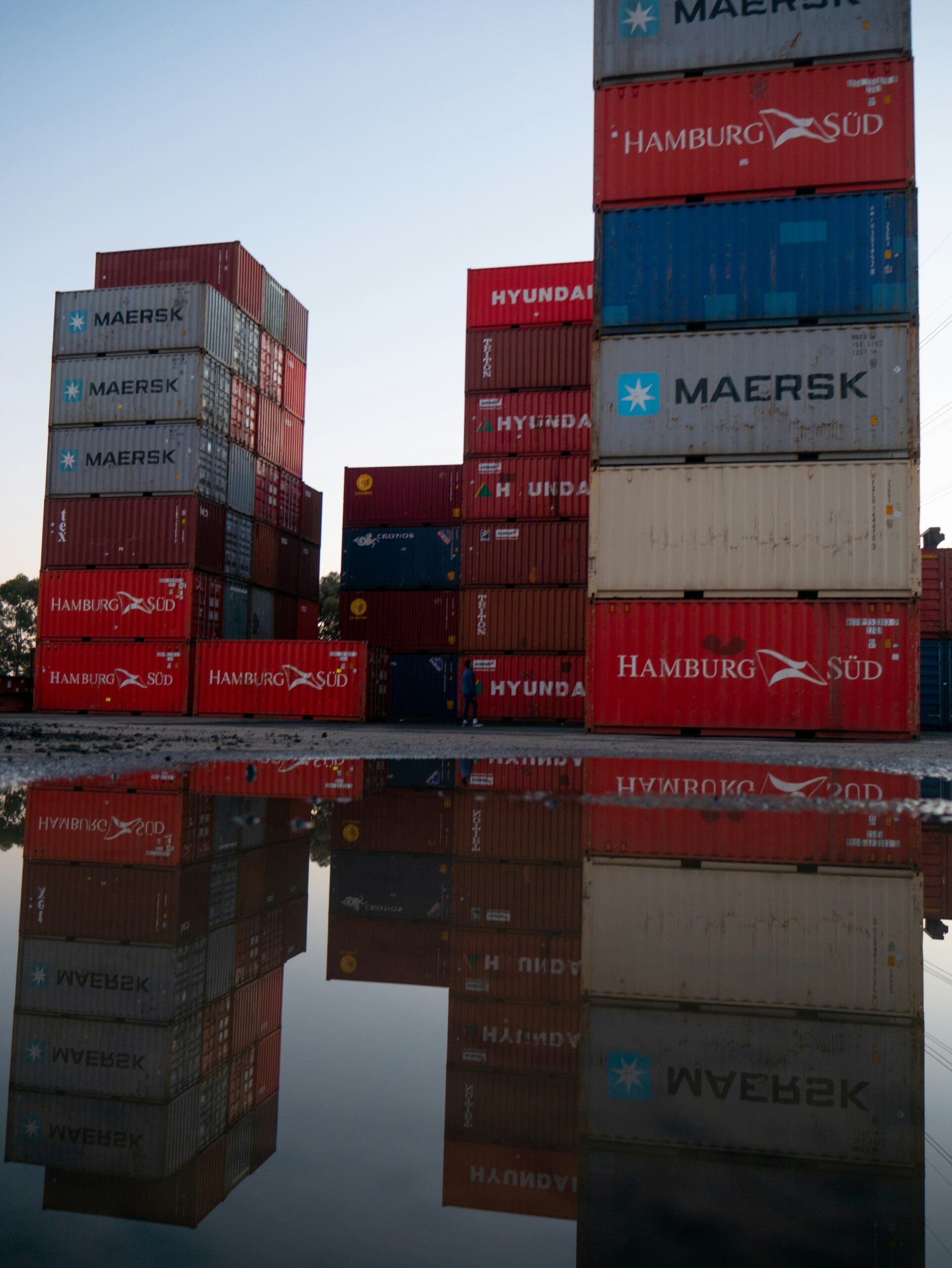President Donald Trump’s recent visit to the United Arab Emirates signaled a major milestone in U.S.-Gulf relations, resulting in a series of landmark agreements that herald a new phase of economic and technological collaboration between the two nations. For the UAE, this diplomatic engagement underscored its aspirations to position itself as a global leader in artificial intelligence and advanced industrial innovation.
A Grand Welcome and Diplomatic Symbolism
Upon his arrival in Abu Dhabi, President Trump was honored with an extravagant reception featuring traditional Emirati ceremonies, cultural displays, and the iconic Burj Khalifa bathed in the colors of the American flag. As a gesture of respect, UAE President Sheikh Mohamed bin Zayed Al Nahyan awarded Trump the Order of Zayed, the highest civilian decoration in the Emirates, recognizing his role in enhancing U.S.-UAE ties.
Historic Trade and Investment Agreements
At the heart of the visit was the announcement of more than $200 billion in new commercial agreements, supplementing the UAE’s broader commitment of a $1.4 trillion investment framework with the U.S. These transformative deals span multiple sectors, including AI, aerospace, energy, and critical minerals.
Key highlights include:
- AI and Data Infrastructure: A partnership to build the world’s largest artificial intelligence campus outside the U.S. in Abu Dhabi, covering 10 square miles and supported by 5 gigawatts of data center capacity. The deal includes importing up to 500,000 Nvidia AI chips annually, positioning the UAE as a regional AI leader and boosting the U.S. technology sector.
- Aerospace: Etihad Airways will purchase 28 Boeing widebody aircraft$14.5 billion, powered by U.S.-made GE engines—an investment that supports tens of thousands of American aerospace jobs.
- Energy and Industry: U.S. energy companies including ExxonMobil, Occidental Petroleum, and EOG Resources will partner with ADNOC on projects worth $60 billion to expand oil and gas output. Meanwhile, Emirates Global Aluminum will invest $4 billion to build an aluminum smelter in Oklahoma, doubling the U.S. aluminum output and generating thousands of American jobs.
Strategic Implications for the UAE
These deals spotlight the UAE’s long-term strategy to diversify its economy and transition into a hub for cutting-edge technology. The ambitious AI center aims to attract top-tier American tech firms and transform Abu Dhabi into a regional innovation capital. The agreements also include safeguards to ensure responsible technology transfer, easing concerns over third-party access to sensitive U.S. innovations.
Diplomacy, Culture, and Soft Power
Beyond business deals, the visit highlighted efforts in cultural diplomacy and religious coexistence. Trump visited the Abrahamic Family House, a landmark interfaith complex uniting a church, mosque, and synagogue—symbolizing the UAE’s commitment to religious tolerance and peacebuilding. A business roundtable held in Abu Dhabi provided a platform to discuss future cooperation in areas like healthcare, life sciences, sustainable mobility, and entertainment.
A New Chapter in U.S.-UAE Relations
Trump’s UAE stop concluded a transformative regional tour that yielded over $2 trillion in investment commitments across the Gulf. While exact outcomes remain to be fully realized, the magnitude and strategic importance of these agreements are indisputable. For the UAE, this visit reinforced its global standing as a visionary economic partner and an emerging tech superpower.
Looking ahead, these announcements are expected to serve as the foundation for a deeper strategic alliance—one rooted in shared prosperity, innovation, and long-term global leadership.
— V.2 Editorial Team












